A report into the European drugs market has found that violence and intimidation by drug gangs has severely affected communities in Ireland and had a major impact on individuals, families, communities and the functioning of local services and agencies.
The report by the EU Drugs Agency and Europol has found that Europeans are spending at least €30bn on drugs each year making the market a major source of income for organised crime groups.
The report says Irish organised crime gangs are structured along a three-tier hierarchy.
At the top are the gang leaders, a "tier of serious players, often formed around a kinship core which controls the other tiers".
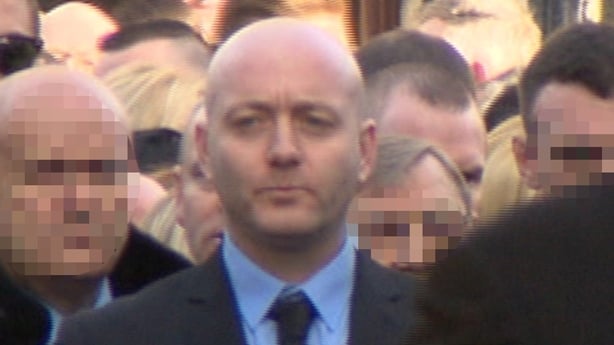
The middle-tier are "young people typically engaged in high risk, low-reward activities such as transporting, holding or dealing drugs, carrying guns, and conducting shootings, beatings and serious intimidation".
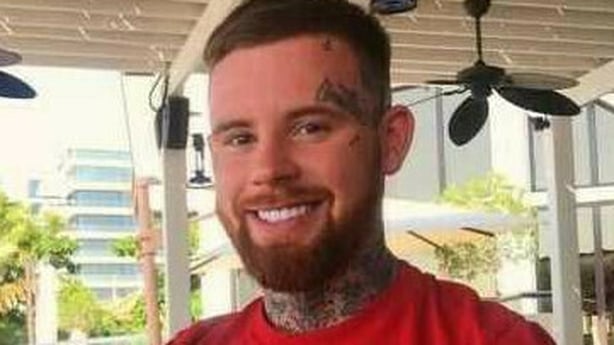
At the bottom of the criminal gang structure, the report says, are "a lower tier of highly disadvantaged young people generally involved in bullying, assaulting, stealing, vandalising and spreading fear on behalf of the network".
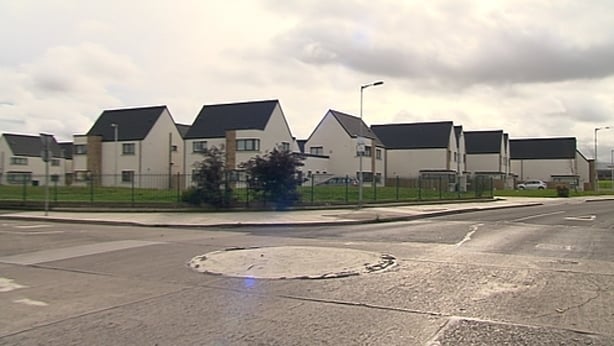
The report says the gangs in Ireland use intimidation to enforce the "social norms" within the drug distribution hierarchy, to discourage and punish informants, to recruit new members and to gain control over supply networks or territory.
It points out that disciplinary intimidation has escalated in certain parts of Europe, including Ireland, and that much of it is related to drug debts and how the drug markets operate.
The report also refers to a new phenomenon of drugs supply networks that has emerged in Ireland and other parts of Europe, where criminal gangs based in major cities have expanded their selling operations to provincial towns and almost exclusively supply heroin and crack cocaine.
The drug users who buy directly from the city drug dealing networks represent a new market for the urban criminal gangs who need to expand because of the saturation of the city markets and face comparatively weak competition from local provincial drug dealers.
This, the report says, "critically challenges the established understanding of drug markets in that the export of illicit drugs from big cities to one or more provincial towns blurs the boundaries between national, wholesale and local street dealing".
The report also refers to the Kinahan organised crime gang as one of Europe's major criminal gangs expanding its operations internationally to explore opportunities in "less saturated and potentially more profitable, markets and using Europe as an export platform".
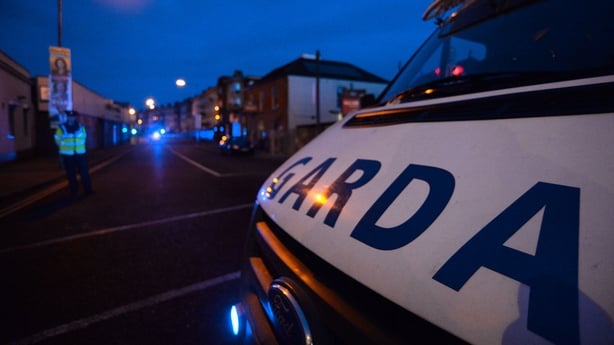
The report cites the arrest of members of the "Kinahan cartel" in Ireland and Australia last year as part of the investigation involving the Garda Drugs and Organised Crime Bureau into the smuggling of cocaine using air couriers between Ireland, Australia and New Zealand.
It also expresses grave concern over the increase in violence around cocaine importation activities.
Homicides and kidnappings between crime groups in Europe, it says, now appear to be more frequent and violent than in the past.
The report refers to the Hutch-Kinahan feud as "a war between two rival Irish gangs involved in cocaine importation and distribution in Ireland, the United Kingdom, Australia and New Zealand".
At the time the report was drafted the feud had "led to at least 15 murders, many of them in public places, in Ireland and Spain since 2015". That figure has since risen to 18.
Cannabis remains the largest drug market in Europe with some 25 million Europeans between 16 and 24 having used the drug in the past year.
Herbal cannabis, it says, is trafficked directly from Spain to Ireland and the UK. Passenger vehicles and lorries are still the most common modes of transportation but the post office network is also used particularly for sales of drugs on the darknet markets.
Vietnamese organised crime gangs have been active in cannabis cultivation in Ireland and other countries for years, the report says, but some European countries have observed these gangs move away from cannabis and into methamphetamine production.
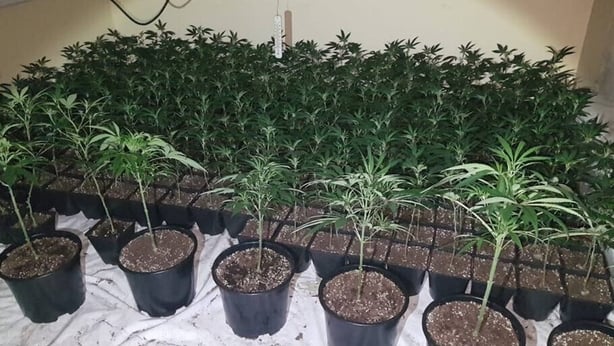
Director of the Maritime Analysis Operations Centre Michael O'Sullivan said the report reflects an increase in the use of cocaine, which is fuelling murderous feuds.
He said young criminals, in particular, earn large sums of money, gain access to firearms and develop an "Al Capone" mindset, which is not seen as such among criminals in the heroin or hash trade.
Speaking on RTÉ's News at One, Mr O'Sullivan, a former assistant garda commissioner, said the production and sale of cocaine has "changed the dynamic of organised crime in Ireland".
He said people who are selling cocaine are "getting rich quick, which is fuelling their criminality".
Mr O'Sullivan said up until now, these people were not making much money, but now they are being empowered by their wealth and buying firearms.
He said the higher echelons of those involved in the drug trade are moving out of Ireland due to increased pressure from gardaí and the Criminal Assets Bureau.
Mr O'Sullivan added that organisation at the higher levels of the drug trade is "slick", and they are "feeding into transnational organised crime group".

